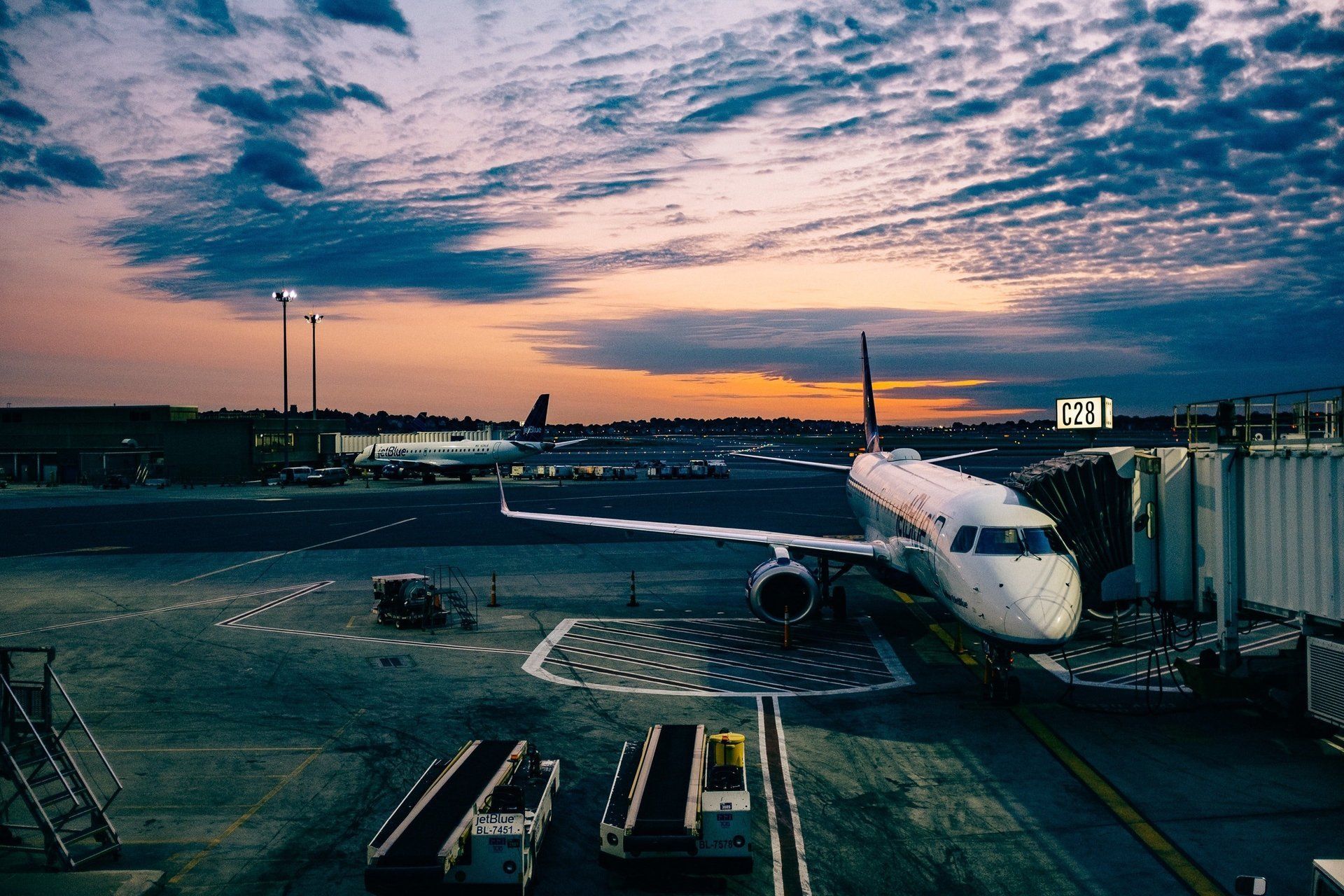The Spanish capital Madrid comes in second with a score of 403 out of 600. The city has made great strides in creating sustainable initiatives, including the protection of green spaces and the use of sustainable energy for transport services. Madrid has banned polluting diesel vehicles from the city centre. Instead of using cars, residents are encouraged to use the extensive bicycle-sharing network or hop on the electric-powered buses.
Brisbane came in third, with its low pollution rates, excellent public transportation, and use of solar power energy. Brisbane is also committed to protecting and preserving a large expanse of natural habitats filled with native plants and wildlife.
While Dubai is one of the fastest-growing cities in the world, it came in fourth, thanks to its extensive public transport network, a large number of green spaces, great air quality, and use of renewable energy. The city also has a housing development called ‘Sustainable City’, which recycles all its water and waste and produces more energy than it uses.
Denmark’s capital is ranked #5. Copenhagen (photo above right) is set to become the first CO2–neutral city by 2025. More people use bicycles than cars to get around. Roads are specifically built for biking, while electric bikes are sold at a low price. They eat greener, too, with organic produce making up 24% of total food sales in the city. Most restaurants sell organic food, while two-thirds of their hotels are eco-certified, meaning they follow the top standards for sustainable design, energy and food.
Frankfurt comes in at #6. The city has even created a Green Belt, with around 200,000 trees that produce more oxygen and reduce CO2 in the atmosphere. They’re also preserving native bees and the region’s biodiversity, with many locations across the city housing beehives on their rooftops.
#7 in Hamburg. Its extensive green network of parks, gardens and wildlife corridors covers 40% of the city. It aims to make it possible to explore Hamburg entirely on bike or foot in a beautiful, green environment.
Prague at #8 has introduced electric-powered buses, and you can get around the city with their bike-sharing program. The city even has a fantastic beekeeping initiative, with many homes and businesses housing beehives. It’s known as ‘Czech honey’ and has even won several awards!
Abu Dhabi at #9 is a hub for clean-tech companies and green spaces, and it’s largely powered by solar energy and other renewable energy sources.
Zurich rounds out the top ten. The Swiss city is an eco-friendly oasis, with 80% of its electricity coming from renewable energy sources. Plus, over 40% of the city’s waste gets recycled, and over 70% of its hotels are sustainable-certified.
Contact Travelling Places PH: 07 5545 1600
E: travel@travellingplaces.com.au
MORE SCENIC NEWS
-
ANNE HOITINK – APRIL 2, 1945 – MARCH 15, 2024
Mar 28, 2024ButtonMigrated to Australia on 29 November 1952, aged 7 years. Going directly to the suburb of Reid in Canber...
-
DO HOP IN FOR A NEW MONTE LUPO EXHIBITION
Mar 28, 2024ButtonMonte Lupo was established by Multicap in 1991 to provide meaningful employment to people living with di...
-
KERRI: AN HONOUR TO FILL THE ROLE FOR DIVISION 2
Mar 28, 2024ButtonDuring the pre-poll part of the campaign, I was very grateful for the opportunity to be able to meet an...
-
A NEW CHAPTER FOR WOLVES BASKETBALL
Mar 28, 2024ButtonAs the sun sets on an incredible experience, it's time for me, Adam Chanter, to say farewell as the Pre...
-
COMMUNITY CAMERA ALLIANCE – YOUR CHANCE TO HELP
Mar 28, 2024ButtonIt's essential for community members to remain vigilant and take steps to safeguard their properties and vehicle...
-
GALLERY’S $30,000 MAJOR ART AWARD RETURNS
Mar 28, 2024ButtonThe award, named after the sacred mountain which the Gallery overlooks, is open to artists living across the...
-
GRAND OPTIONS CATER TO MOST NEEDS AND TASTES
Mar 28, 2024ButtonFor weddings, services can be held in The Old Church, which stands as a proud member of architecturally sig...
-
GREAT SUCCESS FOR LITTLE ATHLETES
Mar 28, 2024ButtonRuby, Lily, Talia, Torah, Hugo, Leiawyn, Aric, Dean, Mitchell, Harvey and Noa; you all should be so proud ...
-
THIS TIME, IT REALLY DOES MATTER – HAVE YOUR SAY
Mar 14, 2024ButtonPaul Williams, a political scientist from Griffith University, offers insights into the “candidate scarcity...
-
THE LONG ROAD SPORTS CENTRE AND REGIONAL SPORT - WHERE DO YOU STAND
Mar 14, 2024ButtonThe SRRC Sports strategy 2010-2020 is to be shortly superseded by the 2024 – 2034 SRRC Sports Strategy....
LOCAL BUSINESS
COLUMNS
-
Beauty & Wellness
ButtonWriter: Rebecca Mander - Naturally Cos
-
Community Care
ButtonWriter: Geoff Marshall
-
Embrace
ButtonWriter: Jaap Vogel
-
Food for Thought
ButtonWriter: Dylan Gittoes
-
Hooked on Books
ButtonWriter: Friends of TM Library
-
Living with Dogs
ButtonWriter: Pam Brandis (Dip. Canine Prac.)
-
Nature Notes
ButtonWriter: Nadia O’Carroll
-
Pastor Kim
ButtonWriter: Pastor Kim Dale
-
Physio Talk
ButtonWriter: Neil Bell (Tamborine Mountain Physique)
-
Police News
ButtonWriter: Sgt Mark Shields
Officer in Charge
North Tamborine Police
-
Politics
ButtonWriter: Local Councillors and Representatives
-
Relationships
ButtonWriter: Linda Gray
-
The Mtn Midwife
ButtonWriter: Bree Lowing (Registered Midwife)
-
Travelling Places
ButtonWriter: Travelling Places Tamborine Mtn
-
Wine chat
ButtonWriter: Imogen Mulcahy
-
Yoga Under the Bodhi Tree
ButtonWriter: Margot Wagner
Your Local Paper
to read, keep & share

Your Local Paper
to read, keep & share
CONTACT
PO Box 118, North Tamborine Qld 4272
Phone: 0407 671 286
Email:
news@tmnews.com.au
ads@tmnews.com.au
Design by BjornSchmal.com


















